How many houses are in the world? Well, that’s not an easy question to answer, and there’s no one right answer to it. There are different types of houses, ranging from extremely large mansions to small cottages and all sorts of things between them, so depending on what exactly you mean by the house and how large or small your definition of the house is, you can get a different answer.
8 Things You Didn’t Know About Real Estate
- There are estimated to be about 650 million houses in England, and half that in China – though how these houses are defined is up for debate, as is their owner count.
- The largest private house in England, One Hyde Park, London, is owned by an Abu Dhabi based prince who purchased it from fellow billionaire Lakshmi Mittal. At $234 million, it’s one of Britain’s most expensive properties and has been valued at more than £5 billion!
- In 2013-14, Chinese investors spent a record US$108 billion on international real estate
- Australians with US$67 billion followed this
- Then Canadians, who spent US$64 billion
- The United States ranked fifth with US$38 billion
- That said, there’s still a lot we don’t know about real estate. Like how many there are
- According to Euromonitor International, approximately 43% of homes in Europe were constructed between 1946 and 1960.
Why Property Values Have Been Skyrocketing
It’s a curious phenomenon: With interest rates near record lows, buying is cheaper than renting in much of America. But homeownership isn’t exactly soaring like it used to be. The number of new houses being built is down 26 per cent from its 2008 peak and up only slightly since 2012. Mortgage financing has also fallen sharply. It’s almost as if it costs more money to buy a house than to build one—which isn’t possible! So, who knows how many places are in the world? There are roughly 200 million homes in America, with 1/3 going vacant at any given time; that means there are more empty homes than people are living in America right now! That is why property values have been skyrocketing. More on How Many Houses Are In The World is coming soon.
Possible Solution To Bring Down Home Prices And Boost Demand For New Homes: Buying houses instead of building them will help bring down home prices, but what happens when those houses need to be repaired or remodelled? Some homeowners will opt for do-it-yourself projects, but others may turn to local construction companies for assistance. Suppose you’re trying to start a new business and struggling with where to begin. Why not provide services such as interior design consulting or general contracting work for other builders in your area?

Buying A Home vs Renting – Which Is Better?
One of a renter’s biggest gripes is being unable to put down roots in a city. Renters may have dreams of owning, but they live knowing they could be asked to leave on short notice. However, buying a home will give you more freedom and flexibility in your living situation. You can find affordable options throughout various neighbourhoods; you can settle down with renters or other homeowners and still keep your abode if you lose your job or want to move for personal reasons. Renting also tends to be much more expensive over time—even if you don’t plan on moving anytime soon—and limits you from making larger changes like expanding with roommates or pets. How many houses are in the world? If you want to own one, now is as good a time as any. Even though interest rates are low right now, purchasing a home is still cheaper than renting over time because of depreciation costs and maintenance fees. And when it comes to interest rates, do not think that low means cheap. Just because mortgage rates aren’t sky-high doesn’t mean you should rush out and buy a house—that’s what got us into trouble in 2008! Interest rates should be considered only after evaluating all other aspects of buying versus renting (like how many houses are). If you’re dead set on buying instead of renting, try shopping around for lower mortgage rates at local banks before offering any property.
Do I Need To Hire An Agent?
If you’re about to put your house on the market for sale, you may have come across conflicting advice regarding using a real estate agent. Some real estate professionals insist that it’s not possible to sell a house without an agent. They argue that selling a home is difficult, and hiring an expert will make all of those challenges disappear. While others strongly disagree and say that you can sell your own home without an agent. If you’ve never sold a house before, you may not know who’s right. And if there are benefits to using an agent, why wouldn’t everyone use one? One answer is because some home sellers choose not to hire an agent and successfully sell their homes on their own instead. So how do you decide whether or not to hire an agent?
What Should I Know About The Market Before Buying A House
Before you buy a house, it’s good to understand a little bit about what drives up prices. Looking at historical trends can help you understand what might happen in future and how to prepare for it. For example, one of the biggest factors driving housing prices up is population growth. More people mean more demand—and those extra bodies have to live somewhere. So consider whether your city or town is growing or shrinking; you may want to buy a house before demand drives up prices further. Another thing that can drive housing prices up:
- Demand for land. If there aren’t many houses available on a block, each house will probably cost more because people compete for space.
- If you’re looking at houses in an area where lots are small, be prepared to pay extra if you want to build a big place with plenty of room inside.
- Don’t forget that location matters when it comes to home prices.
Generally speaking, homes near amenities like shopping centers and public transportation will cost more than those far from such conveniences. Likewise, homes near parks tend to be worth more than homes without them (although sometimes it’s not so simple). And all else being equal, waterfront property tends to command higher prices than other properties nearby.
What Can I Afford?
If you’re wondering how many houses are in the world, or how much house you can afford, first make sure you know what factors into your monthly payments. You don’t want to accidentally buy too big a home because you assumed it would fit your budget. Instead, do some quick research and start plugging some numbers into a mortgage calculator to get an idea of what a house costs you. You can easily find out how many houses are in the world once you know those numbers! For example, let’s say you determine that your annual income is $100,000 and that with taxes and insurance factored in, your monthly housing cost will be $3,750. Based on these numbers (and assuming they stay constant), you could purchase a home worth up to $600,000—or three houses worth $200K each! But remember: just because you can doesn’t mean you should. There’s more to affordability than simply knowing how many houses are in the world; for example: How long do I plan on staying here? Is there room for growth? What kind of neighborhood am I moving into? Will my commute change dramatically if I move farther away from work?

Ways To Lower Your Mortgage Payments
No question owning a home is part of the American dream. However, it’s important to note what you can afford and think about your long-term financial goals before committing to a mortgage. As you consider ways to lower your mortgage payments, remember that some strategies may save you hundreds of dollars each month but may not make sense for your financial situation. For example, it might be smart to invest in more energy-efficient appliances if they will significantly reduce your electric bill. But making upgrades on items like windows or HVAC systems might make more sense if you’re trying to sell your home in a few years (or months). If you’re looking for ways to reduce your monthly payments, here are 10 ideas. Many different factors go into buying a house: property taxes, maintenance costs, down payment requirements and of course, location. While there’s no single right answer for buying a house, there are many considerations you should keep in mind as you look at homes for sale.
Here are ten questions every homeowner should ask themselves before putting an offer on their next home:
#1: Do I have enough money for a down payment?
#2: What kind of maintenance fees do I expect from my neighborhood?
#3: What kind of commute time am I willing to deal with?
#4: Is my budget flexible enough to accommodate unexpected expenses down the road?
#5: What kind of school district am I looking for?
#6: Do I want a home with a yard or an apartment in a city center?
#7: Am I willing to deal with noise from neighbors or loud traffic daily?
#8: Will it be difficult for me to get to work if my home is far from public transportation options?
#9: Can I afford homeowners insurance and property taxes on top of what’s already included in my monthly mortgage payment?
#10: Do I want a place that will be easy to sell when it comes time for me to move out? If you’re considering buying your first home, there are many factors you should consider before putting an offer on your next house.
Fixer-Upper vs. Newly Built Homes – Which Is Better For Me?
Buying a house is an expensive proposition, especially when you have to buy a house that needs fixing up. It can be hard to know what to expect if you’re purchasing a home with repair work done on it versus getting one that hasn’t been lived in yet. Is one choice better than another? Should I buy an already-fixed-up home, or get one that still needs some work? What questions should I ask when buying each type of home? How much will my monthly mortgage payment be, depending on which option I choose?
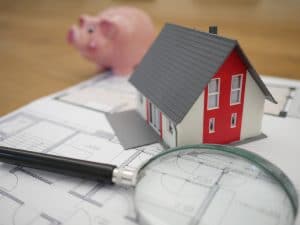
How Much Closing Costs Will Be On My New Home And When Will They Be Due?
It can be difficult to predict how much money you’ll need for closing costs, since each home and transaction is different. In many cases, though, they’re a bit lower than most buyers expect. Closing costs often total between 2 and 6 percent of your home price—that means if you bought a $500,000 house, you might spend as little as $10,000 (or as much as $30,000). Make sure to factor in any closing costs when budgeting for your new home purchase so you don’t get into trouble later on. How Much Money Will I Need To Close On My New Home?: If you’re wondering how much money it will take to close your new home, that question depends on many factors. While we cannot give an exact figure without knowing more about your specific situation, some general guidelines apply across all real estate transactions. For example, your down payment amount should be about 20% of the sales price, but it could range from 3% – 25%. Other expenses like attorney fees and title insurance vary by state and by property type.
Other Expenses Associated With Buying A Home
Before you purchase a home, it’s important to consider all of your costs—not just your mortgage. Sure, paying off a home is expensive, but taxes and maintenance are. You should also plan for other expenses unique to homeownership like insurance or property management fees. There will also be factors like whether or not you want furniture or appliances, landscaping services and repairs—all expenses that need to be considered before purchasing a home. If you’re on a budget (and most people are), make sure you know how much everything will cost so you can live comfortably and save up for things that happen after you move in. For example, don’t forget about buying cleaning supplies and toiletries for when you first move in. Also keep in mind that most utilities aren’t included with your rent, so if you don’t already have them set up at your current residence, factor those bills into your monthly expenditures. And remember: even if you get a great deal on an apartment, there may still be additional expenses associated with moving out of one place and into another. For example, some landlords charge tenants moving fees while others require security deposits; either way these add-ons increase what you pay each month—so factor them into any budgeting decisions you make down the line.
Benefits Of Owning A Home (And Drawbacks)
Owning a home provides financial stability and security. While some drawbacks to homeownership, most are outweighed by its benefits. Homeowners feel a great sense of accomplishment and pride for their home, making them more likely to care for it. For those who want to buy their first home, or move up from an apartment or condo, owning a home is an important part of feeling like they have a true stake in society and financial stability and security into old age. Some people don’t consider buying a house until they’re older because of these factors – but it doesn’t have to be that way! Here are the benefits of owning a home. About 18% of U.S. households do not own homes—and that number rises when you include renters who would rather own than rent if they could afford it (meaning nearly half of Americans would rather own than rent). There are many reasons why so many Americans haven’t yet taken advantage of homeownership. Still, one big reason is money: It takes time to save enough for a down payment, and saving enough can seem impossible with rising prices. Another common reason many Americans don’t yet own homes is that many recent college graduates enter their careers already saddled with debt, making saving even harder.

5 Types Of Mortgages: Which One Is Right For Me?
Once you decide to buy a house, it’s time to determine which type of mortgage will work best for you. While you can use many types of loans to purchase a home, there are five main mortgage types:
- Fixed-rate mortgages
- Adjustable-rate mortgages (ARMs)
- Hybrid ARMs
- Shared equity/shared appreciation mortgages and
5. Reverse mortgages.
Choosing one type over another may mean your monthly payments will change over time – usually by increasing or decreasing — but that might be easier than dealing with what would happen if you took out an ARM while rising rates. To find out more about these different mortgage types and determine which one is right for you, check out our post on choosing a mortgage . And remember, even though you might think all homeowners have to worry about interest rates and financing costs, not everyone does. If you qualify for one of several government programs , like FHA or VA loans , you won’t have to worry about how much interest rates rise. It’s just as important to know what options are available to people who don’t fit into those programs. So take some time now – before you start shopping around for a new home, see if any government programs could help lower your monthly payment in ways that could make all the difference in whether or not buying makes sense for you!
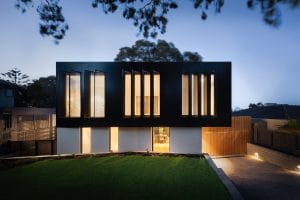
Conclusion On How Many Houses Are In The World
Houses have been around for thousands of years, but there has been no real way to track how many houses exist in any one place. Since counting each house is difficult, figuring out how many houses there are in a country, let alone a world full of countries, is impossible. However, some experts believe that they might be able to get a rough estimate on how many houses exist worldwide by looking at household and housing data through different agencies like UNESCO or even individual universities. But will they be accurate? Well no one knows yet. But, at least we’re all moving into more eco-friendly and sustainable living situations with modern living, so hopefully it won’t matter how many houses are left after human kind decides to change our ways.

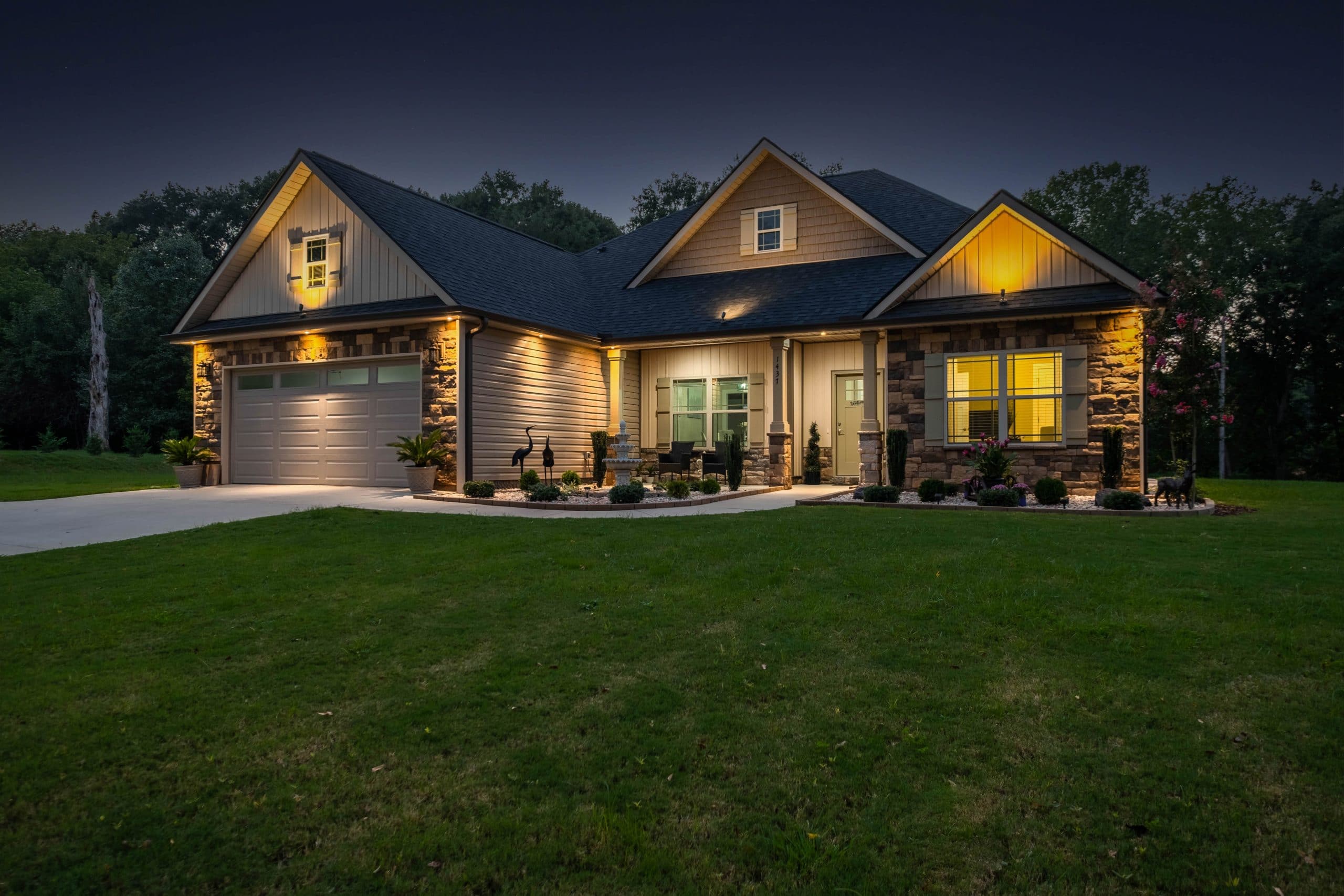

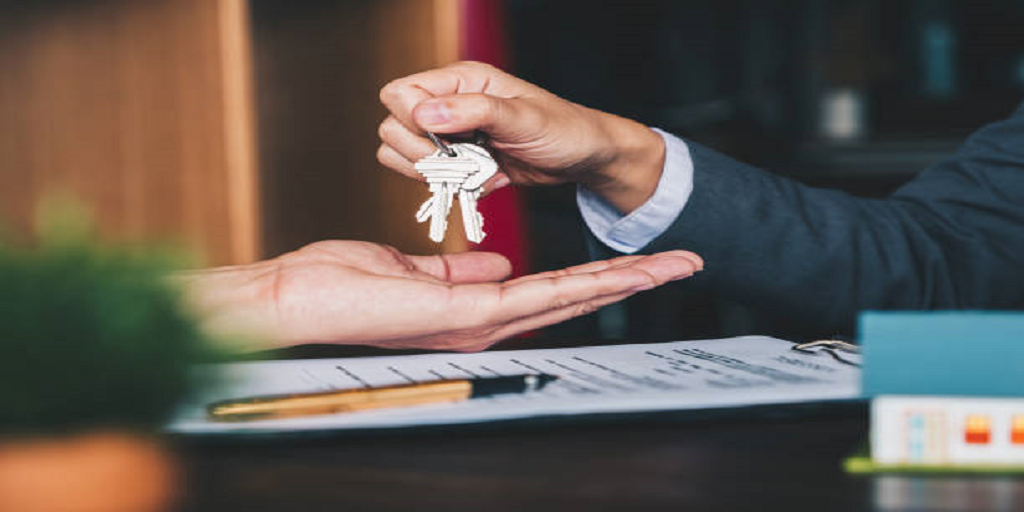
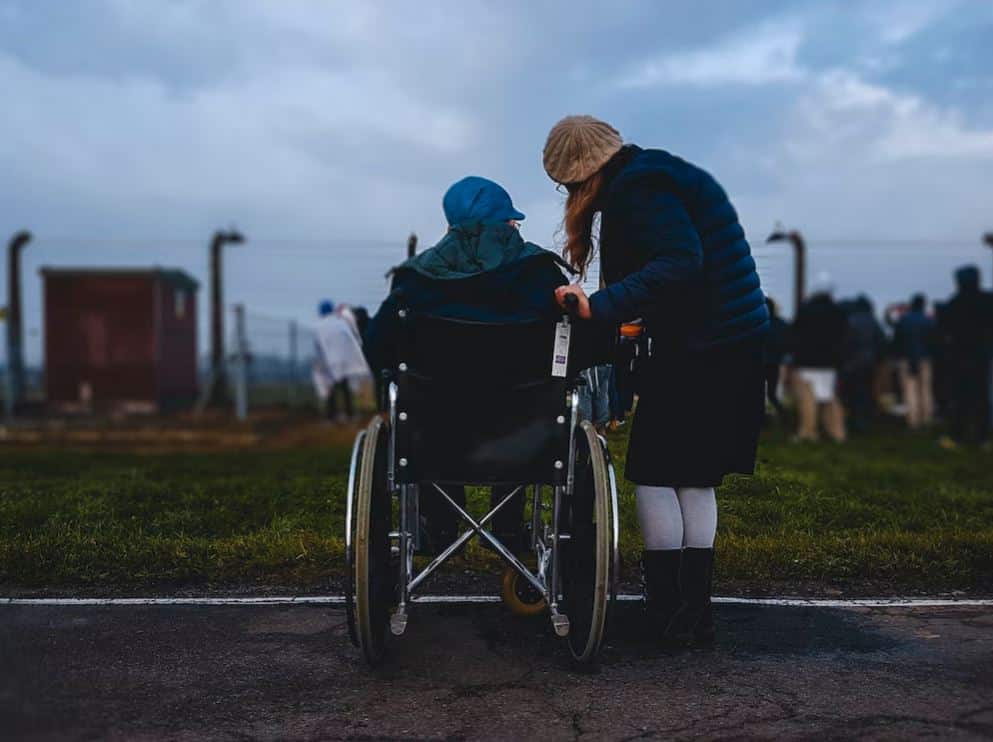
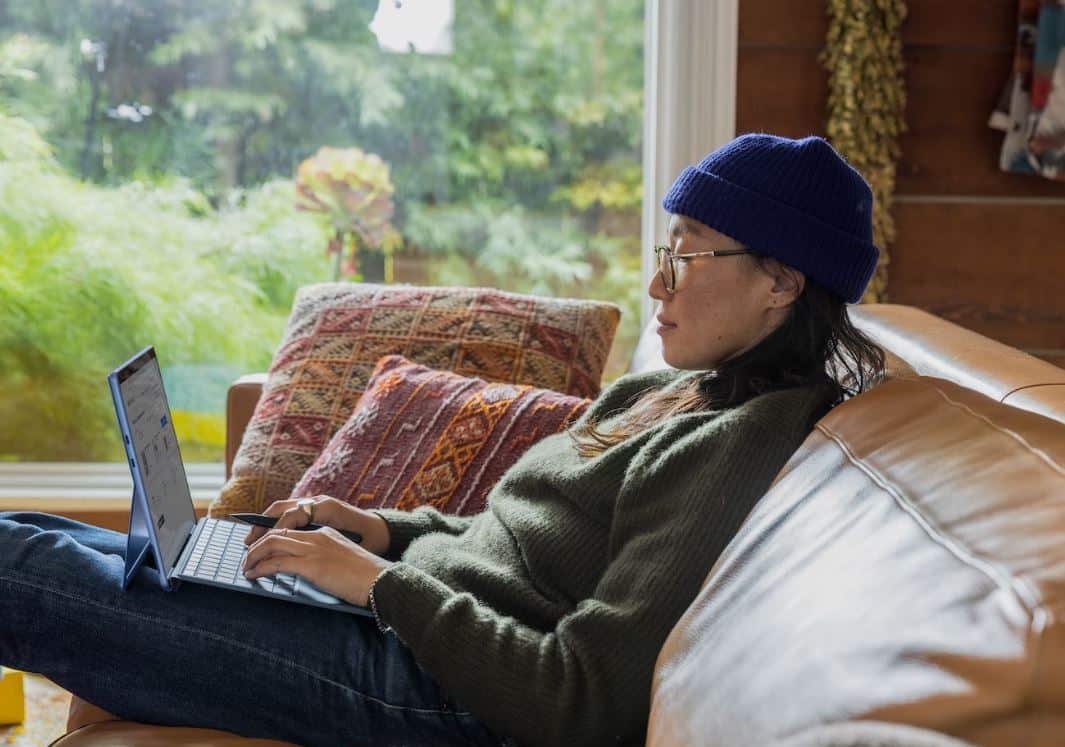
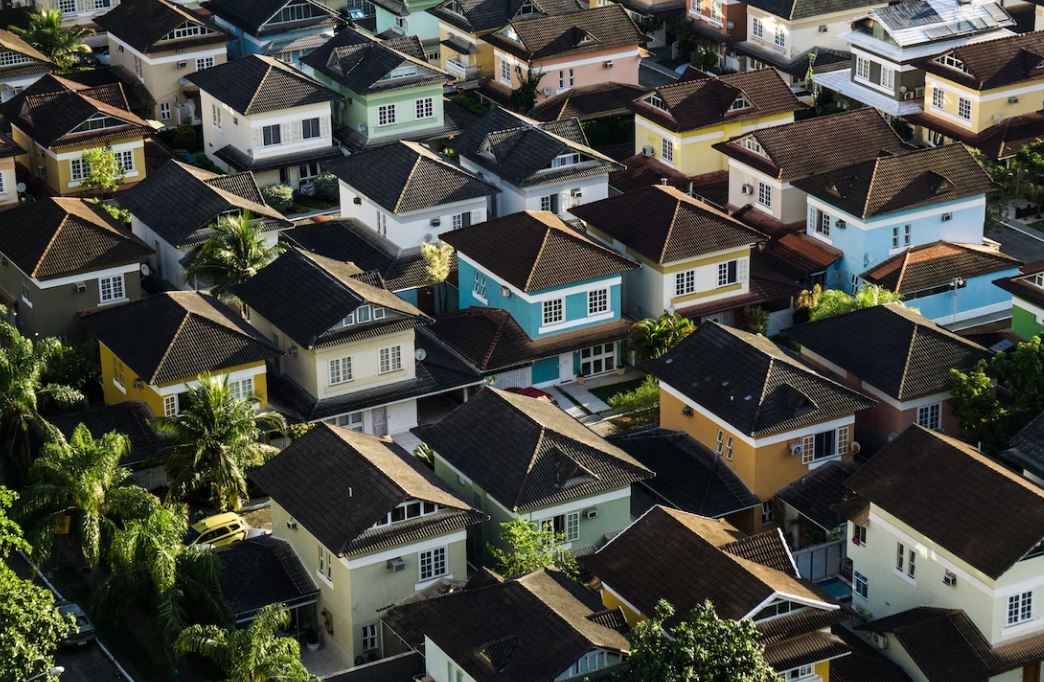
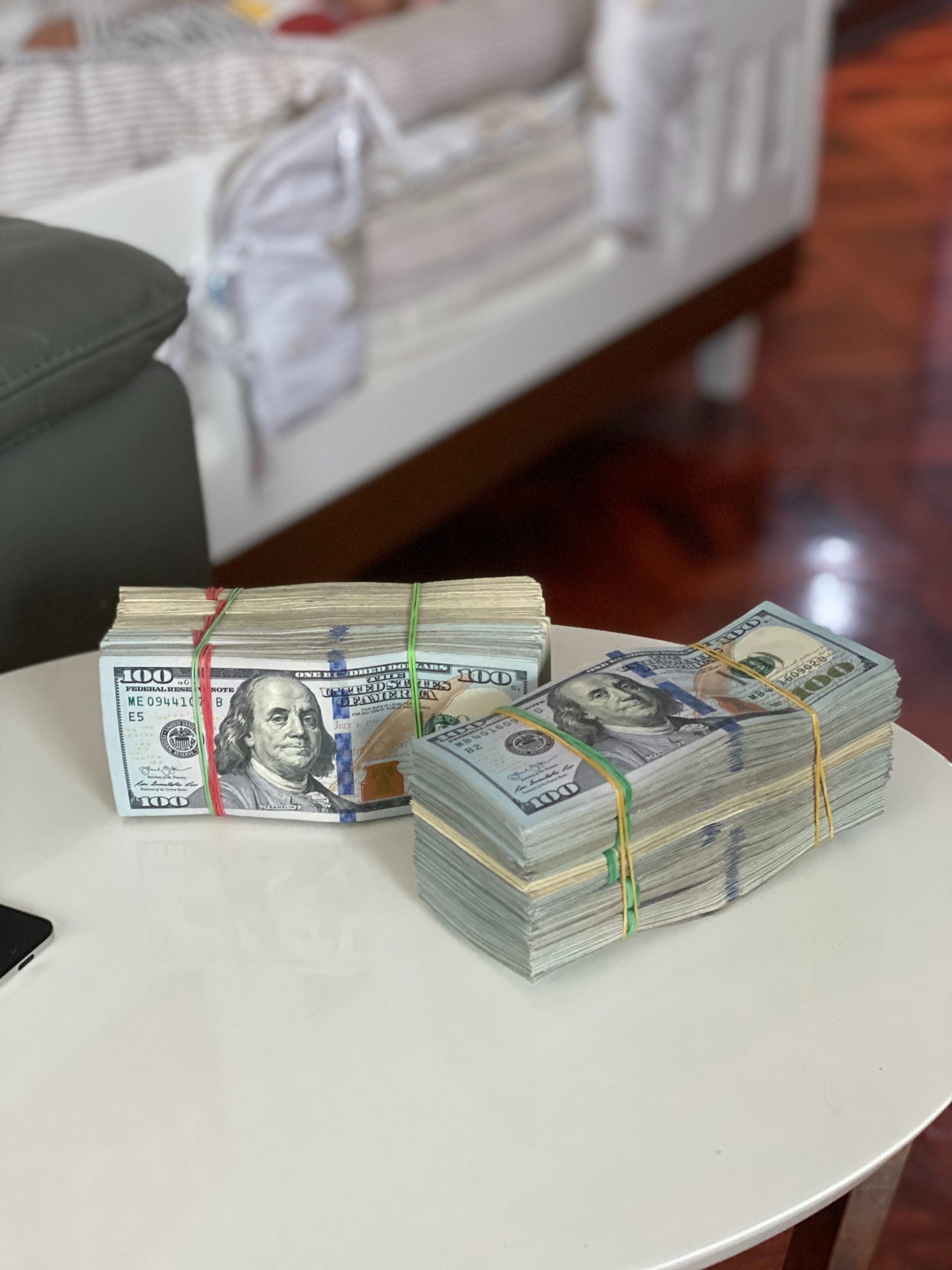


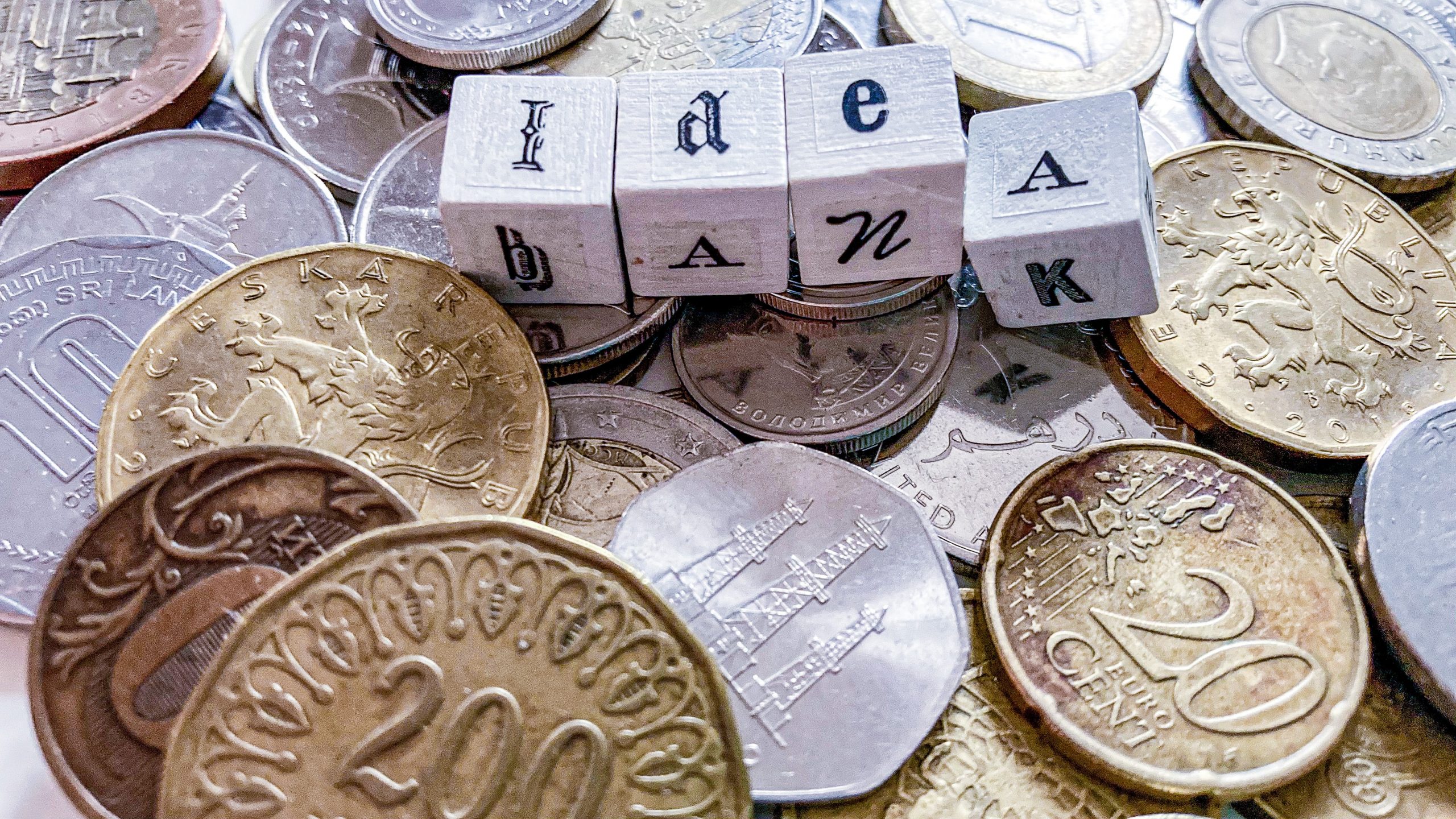


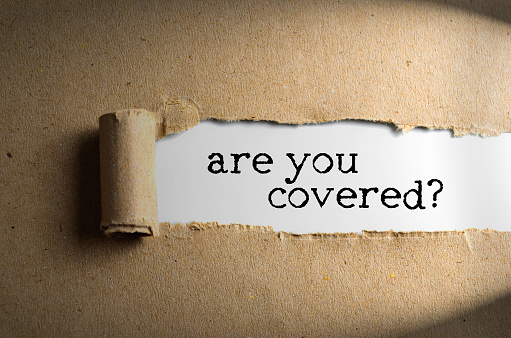
[…] Who Knows How Many Houses Are In The World? […]